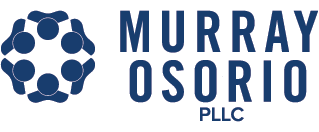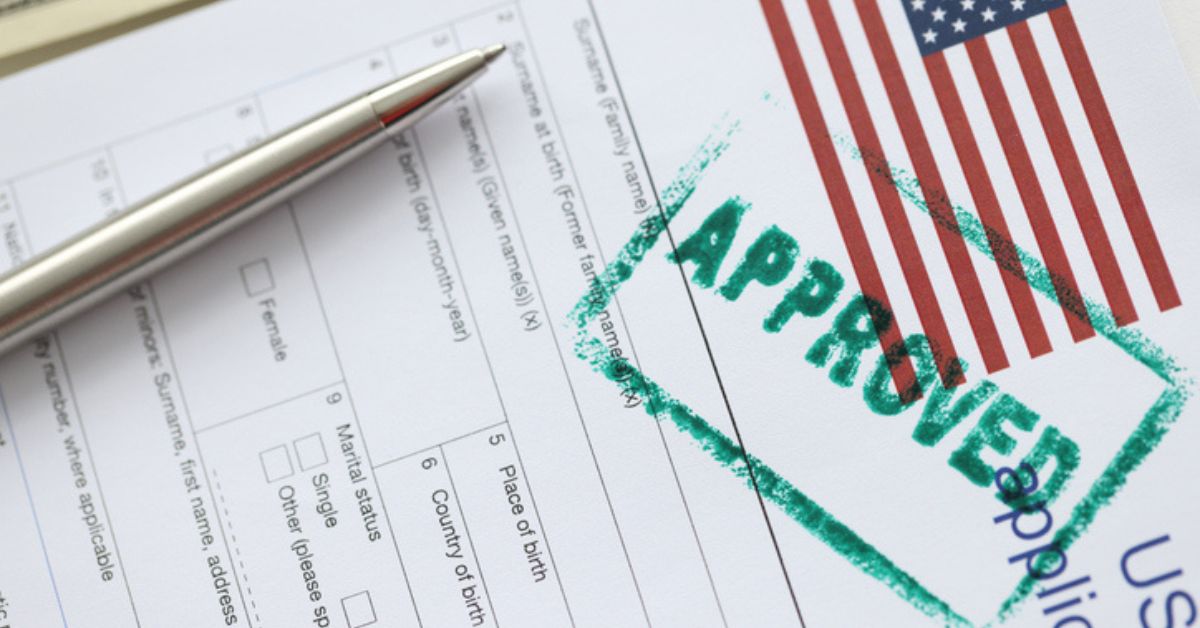Eligibility Criteria for Adjustment of Status and Consular Processing
Legal Requirements for AOS Applicants
Navigating the path to permanent residency in the United States can be a complex journey, with various legal prerequisites that must be met. For those considering Adjustment of Status (AOS), it's crucial to understand that this option is typically available to individuals who are already in the U.S. on a temporary visa. A key requirement is that the applicant must have entered the country legally and maintained lawful status. Furthermore, the presence of the applicant within U.S. borders during the application process is essential, as is having an immigrant visa immediately available. This immediate availability often hinges on the category of visa under which the applicant falls, such as family-based or employment-based preferences.
Qualifications for Consular Processing
On the flip side, Consular Processing is the route for those who are outside the United States or those who cannot adjust their status while in the country. This process involves applying for an immigrant visa at a U.S. embassy or consulate in the applicant's home country or country of residence. To qualify, an individual must have an approved immigrant petition and, just like AOS, an available visa number. It's important to note that Consular Processing is a mandatory step for individuals who are not eligible to adjust their status within the U.S. due to reasons such as their manner of entry or failure to maintain lawful status. The key distinction here is the location of the applicant during the immigration process, which can significantly influence the choice between AOS and Consular Processing.
Pathways to Permanent Residency
AOS Through Family-Based Petitions
The family-based petition is a common pathway to permanent residency, offering a beacon of hope for families striving to build a life together in the U.S. When an immediate relative, such as a spouse, parent, or child of a U.S. citizen, seeks to adjust their status, the process is often more streamlined, with visas typically available without the wait. For those in preference categories, such as siblings of U.S. citizens or married children over 21, the journey can be longer due to annual visa limits. In these cases, the AOS process begins once a visa becomes available, following the approval of the I-130 petition. It's a process that requires patience and meticulous attention to detail, ensuring that all eligibility criteria are met and the application is thoroughly prepared to avoid unnecessary delays.
Employment-Based AOS and Consular Processing
The pursuit of the American Dream often leads many to seek employment-based permanent residency. Whether through AOS or Consular Processing, the steps involved can be quite intricate. For AOS, the applicant must be in the U.S. and have an approved I-140 petition, with a visa number immediately available. The process involves coordination between the prospective employee and employer, ensuring that all labor certifications and qualifications are in order. Consular Processing, in contrast, requires the individual to undergo medical examinations and attend an interview at a U.S. embassy or consulate. This choice between AOS and Consular Processing often depends on the applicant's current location and whether they wish to start their employment in the U.S. while their application is pending.
Processing Times and Locations
AOS Processing Timeline
The timeline for Adjustment of Status can be as unpredictable as the weather, with processing times varying widely based on the applicant's specific circumstances. Factors such as the visa category, the volume of applications at the USCIS service center, and the individual's background can all influence the duration of the process. Generally, applicants can expect the AOS journey to take anywhere from several months to a few years. It's a waiting game that requires resilience and often, a strong support system. Staying informed about processing times through the USCIS website and maintaining open communication with legal counsel can help manage expectations and reduce the stress associated with the waiting period.
Consular Processing Time Frames and Venues
For those embarking on Consular Processing, the timeline can be equally variable. The process typically begins with the National Visa Center (NVC), which collects necessary documents before scheduling an interview at the appropriate U.S. embassy or consulate. The duration from initial application to interview can span several months, influenced by factors such as the country of application and the current workload of the consular office. It's important for applicants to prepare for this phase by gathering all required documents in advance and being ready to travel to the interview location, which is often in their home country or a country where they have legal residence. The meticulous planning and preparation can ultimately lead to a successful outcome and the start of a new chapter in the United States.
Cost Comparison and Financial Considerations
Filing Fees and Associated Costs for AOS
The financial aspect of adjusting status in the U.S. encompasses more than just the filing fees for the initial application. Applicants must also consider the cost of biometrics, which is required for background checks, and any additional expenses for required medical examinations. Legal fees can also add up, especially for those who seek the expertise of an immigration attorney to navigate the complexities of the process. It's a financial commitment that should be carefully planned, as the total cost can range from a few hundred to several thousand dollars, depending on the specifics of the case and the level of professional assistance required.
Expenses for Consular Processing
Consular Processing, while a different path, also comes with its own set of financial considerations. The visa application fee is just the starting point, with additional costs for medical examinations, travel to the interview, and potentially, accommodations if the consulate is not in the applicant's immediate vicinity. Moreover, applicants should be prepared for the possibility of having to travel back to their home country, which can incur significant travel expenses. The total cost of Consular Processing can be comparable to AOS, but it's the ancillary expenses, such as travel, that can tip the scales. As with AOS, careful budgeting and planning are essential to ensure that financial hurdles do not impede the journey to permanent residency.
Impact on Travel and Employment Authorization
Travel Restrictions During AOS
The decision to adjust status comes with a temporary anchor; applicants must understand that their ability to travel internationally will be limited during the process. Leaving the U.S. without the proper authorization, known as Advance Parole, can result in the abandonment of the AOS application. Obtaining Advance Parole is a critical step for those who may need to travel for emergencies or other important reasons. It's a document that symbolizes both permission and trust, allowing the applicant to depart and return to the U.S. while their application is pending. However, even with Advance Parole, applicants should consult with an immigration attorney before making travel plans, as re-entry is not guaranteed and is at the discretion of the border officials.
Work Authorization During Immigration Processing
The ability to work while waiting for permanent residency is a pressing concern for many applicants. Those undergoing AOS have the option to apply for an Employment Authorization Document (EAD), which allows them to work legally in the U.S. during the processing period. The timing of this work permit can vary, but it typically arrives within a few months of applying. In contrast, individuals opting for Consular Processing will not receive work authorization until they have completed the process and entered the U.S. as permanent residents. This stark difference in work authorization availability is a critical factor for many to consider, especially for those who need to support themselves or their families financially during the immigration process.
Contact Murray Osorio PLLC for Experienced Immigration Attorneys
If you're navigating the complex waters of immigration and considering your options for permanent residency, Murray Osorio PLLC is here to guide you. Our experienced immigration attorneys understand the intricacies of both Adjustment of Status and Consular Processing and can provide personalized advice tailored to your unique situation. Don't let the maze of legal requirements and paperwork deter you from pursuing your American dream. Reach out today to explore your immigration options and take the first step toward securing your future in the United States.
Call Murray Osorio PLLC now at (800) 929-7142 or send us a message online.

